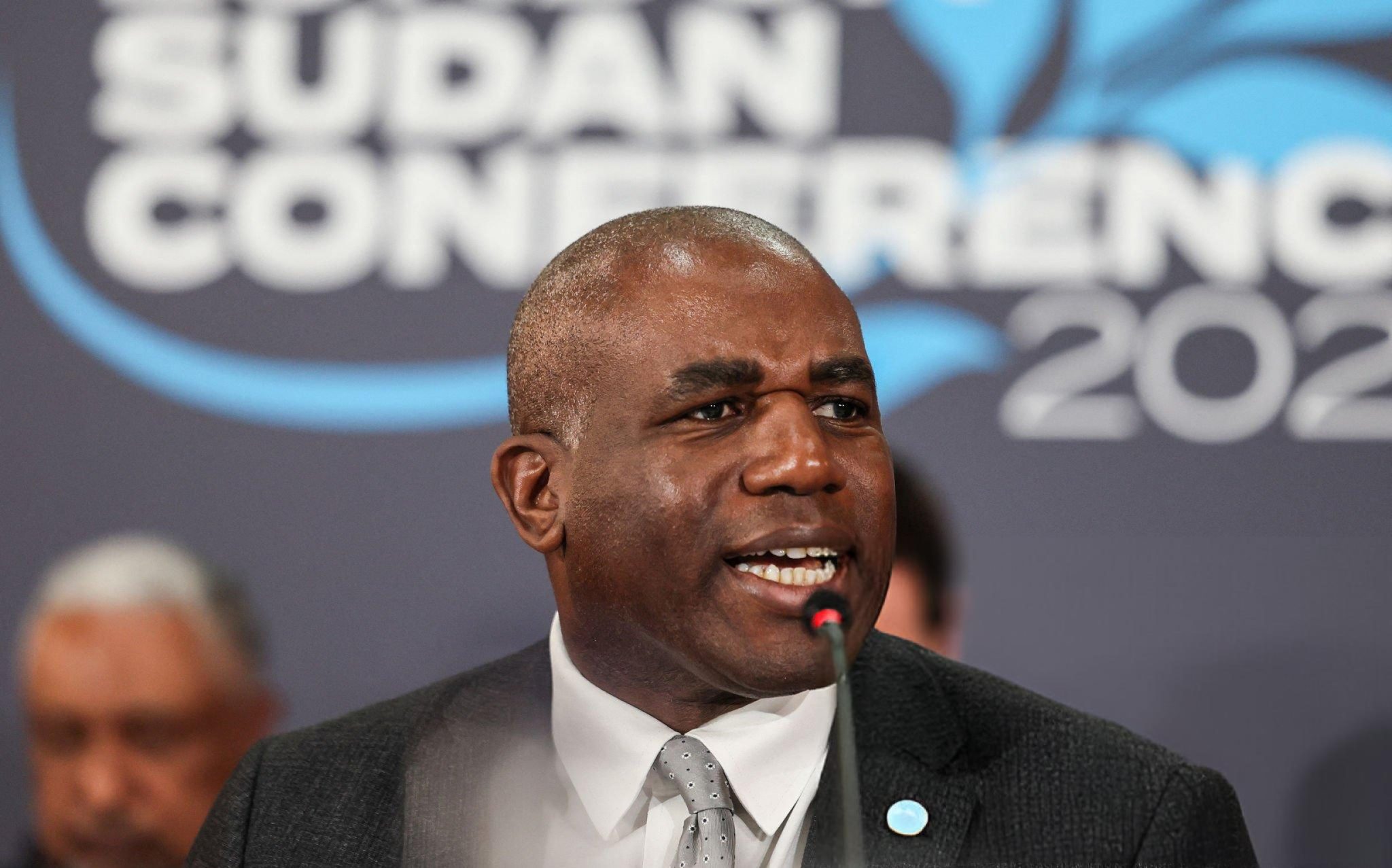The UK has officially welcomed the new economic partnership between the United States and Ukraine, with Foreign Secretary David Lammy praising the agreement as a positive development in the ongoing support for Kyiv amid its reconstruction efforts.
Announced late on Wednesday by the US Treasury, the deal includes the creation of a United States–Ukraine Reconstruction Investment Fund. The agreement was signed by Ukrainian Economy Minister Yulia Svyrydenko and US Treasury Secretary Scott Bessent, and has been lauded as a mutually beneficial initiative.
Svyrydenko posted on X: “Thanks to the leadership and agreements between President Volodymyr Zelenskyy and President Donald Trump, Secretary of the Treasury Scott Bessent and I signed the agreement… This document is capable of delivering success for both our countries — Ukraine and the United States.”
She concluded her message with a patriotic flourish: “God bless Ukraine and God bless the United States of America.”
The fund is designed to drive reconstruction projects in war-torn Ukraine by attracting American investment, expertise and business standards, thereby supporting long-term economic growth. Mr Bessent said in a statement that the deal would help “unlock Ukraine’s growth assets” and promote economic stability by improving its investment climate.
David Lammy responded warmly to the development, taking to social media in the early hours of Thursday morning to affirm the UK’s continuing support for Ukraine. “The UK welcomes steps taken by the US and Ukraine to sign an economic partnership,” he wrote. “The UK’s support for Ukraine remains steadfast. With our 100-year partnership, we are deepening economic and security ties for the future generations of both of our countries.”
The deal comes at a time when Ukraine is trying to secure firm commitments from international allies amid ongoing conflict and geopolitical uncertainty. Mr Trump, speaking on the NewsNation programme on Wednesday evening, said the agreement was designed to ensure that the United States receives more in return than it puts in. “I wanted to be protected,” he said, implying the deal offers tangible returns to American interests.
“I didn’t want to look foolish by not getting something back,” he added, a statement likely aimed at addressing domestic scepticism in the US about continued funding to foreign allies.
There is an added dimension to the agreement, with Mr Trump previously suggesting that access to Ukraine’s rare earth minerals — vital for the production of technologies including electric vehicles and defence equipment — should be a prerequisite for ongoing support. Though the minerals were not explicitly mentioned in the official documents, the implication remains a matter of international interest.
This economic breakthrough follows closely on the heels of a symbolic and potentially significant meeting between Mr Trump and President Zelenskyy at the Vatican over the weekend, where both had travelled to attend the funeral of Pope Francis. It marked their first face-to-face discussion since a tense White House meeting earlier this year.
Commenting on the encounter, Mr Lammy said the meeting was “indicative” of the diplomatic momentum being gathered in pursuit of a broader peace agreement for Ukraine. Speaking to the House of Lords International Relations and Defence Committee on Wednesday, he remarked: “All attempts are going in to get the ceasefire.”
Prime Minister Sir Keir Starmer also met with President Zelenskyy in Rome, as part of the UK’s continuing diplomatic engagement. The pair were pictured in the gardens of The Villa Wolkonsky, the British ambassador’s residence, further underlining Britain’s role in supporting Ukraine.
Lammy added that Sir Keir and French President Emmanuel Macron had been doing “a lot of the heavy lifting” behind the scenes, working with allies to ensure international alignment on future peace efforts and economic rebuilding.
As Ukraine continues to rebuild from the devastation of war, the signing of this fund marks a hopeful step in securing long-term recovery — one that both the US and UK are publicly backing with strategic intent.






